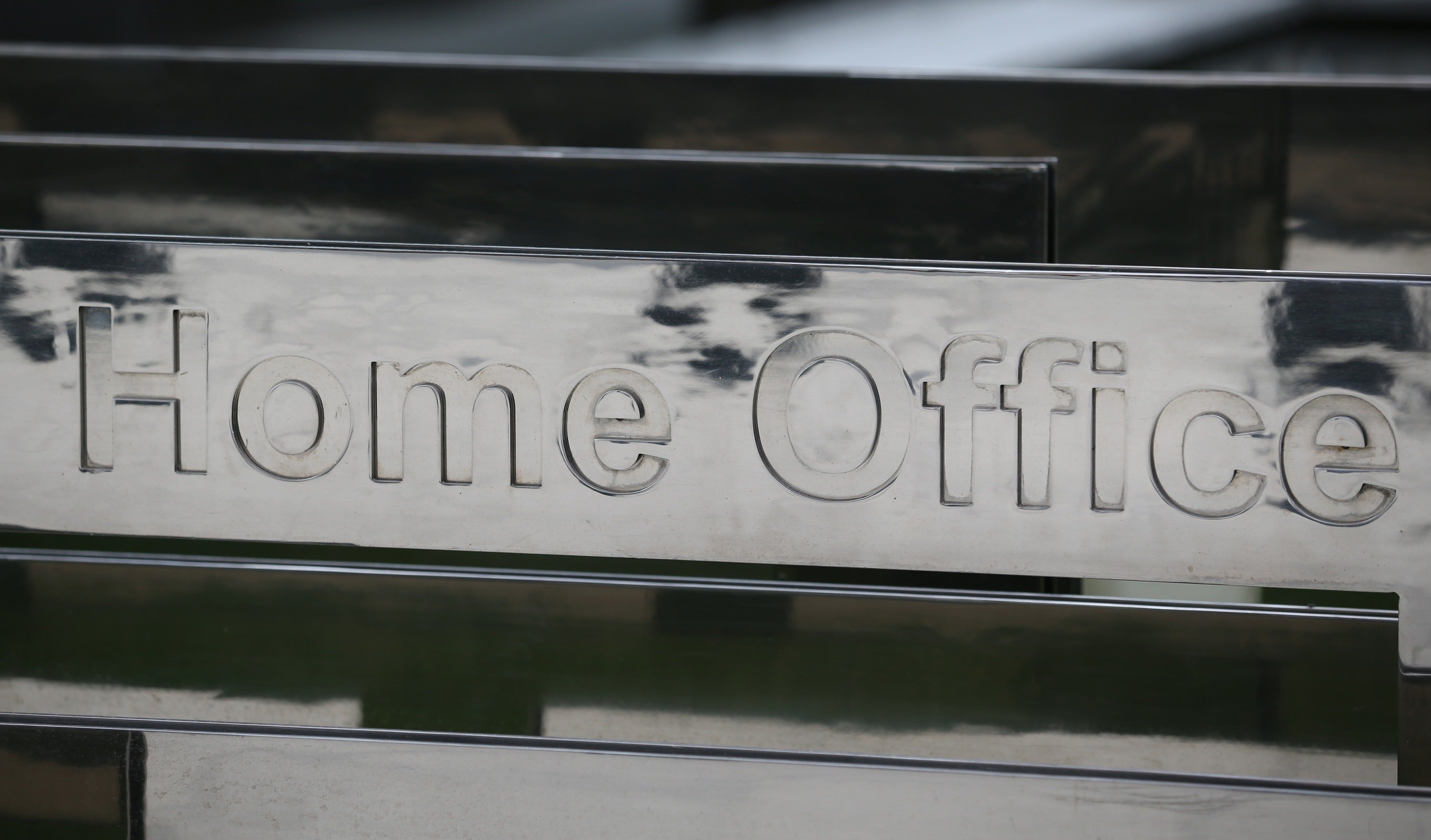Rwanda, asylum seekers and the rule of law
The Rwanda policy has no parliamentary endorsement. The use of a memorandum of understanding instead of a formal treaty meant that there was no parliamentary scrutiny before it was announced, writes Nicolas Bratza


For five days from 5 September, the High Court in London will hear the first set of challenges to the legality of the secretary of state’s controversial policy to remove asylum seekers to Rwanda.
The hearing will include key official documents revealing serious misgivings about the policy on the part of officials in the home office and the foreign, Commonwealth and development office, as well as evidence from the UN high commissioner for refugees questioning Rwanda’s ability to deal fairly with asylum seekers who may be removed there.
A second, linked claim brought by the charity Asylum Aid will be heard in October, focusing on the fairness of the procedure that the home office has implemented and is applying to individuals it is seeking to remove to Rwanda.
These important legal proceedings will provide the first effective scrutiny of the lawfulness of a policy that has attracted widespread criticism, nationally and internationally.
The Rwanda policy has no parliamentary endorsement. The use of a memorandum of understanding instead of a formal treaty meant that there was no parliamentary scrutiny before it was announced. Nor was it legislated for in the recently passed Nationality and Borders Act, which was before parliament at the time. Moreover, the secretary of state did not to use her existing powers to declare Rwanda a generally safe country, a decision that would have required the approval of both Houses of Parliament.
More recent disclosures reveal that government officials warned against the arrangement with Rwanda since serious question marks existed over its record on asylum systems and human rights.
In the event, the first Rwanda-bound flight carrying asylum seekers from the United Kingdom was cancelled. Most of the asylum seekers had already been removed from the flight by the home office and not because of any court decision, but because new evidence or submissions had been put before the home office and required either reconsideration of the decision to remove or more time to examine the new evidence.
The decision to suspend the flights was also, however, due to the grant in the case of an individual applicant of an interim measure by the European Court of Human Rights on 14 June 2022 indicating that the applicant should not be removed until the expiry of a period of three weeks following the delivery of the final domestic decision in the ongoing judicial review proceedings.
The decision to apply the interim measures can in no sense be regarded as second-guessing the “social, moral or economic merits of government policy”, as has been suggested by one commentator. The Strasbourg Court did not purport to decide on the merits of the policy.
To keep up to speed with all the latest opinions and comment, sign up to our free weekly Voices Dispatches newsletter by clicking here
Instead, it noted the concern of the UN high commissioner for refugees that asylum seekers would not have access to fair and efficient procedures for the determination of refugee status in Rwanda, as well as the finding of the High Court that the question whether the home office’s decision to treat Rwanda as a safe third country was irrational or based on insufficient enquiry gave rise to “serious triable issues”.
In the light of the resulting risk of treatment contrary to the Convention rights of the applicant, as well as the absence of any legally enforceable mechanism for the applicant’s return to the United Kingdom in the event of a successful challenge before the national courts, the Strasbourg Court decided that the applicant should not be removed until the courts of this country had first considered the issues raised.
The significance of the issues that will be determined by the national courts in the coming weeks is difficult to overstate. The courts’ detailed scrutiny of the Rwanda policy is of central importance not only for the protection of the human rights of the individuals facing the risk of removal to Rwanda but for the upholding of the rule of law.
Nicholas Bratza is an Asylum Aid trustee and the former ECHR president






Join our commenting forum
Join thought-provoking conversations, follow other Independent readers and see their replies
Comments